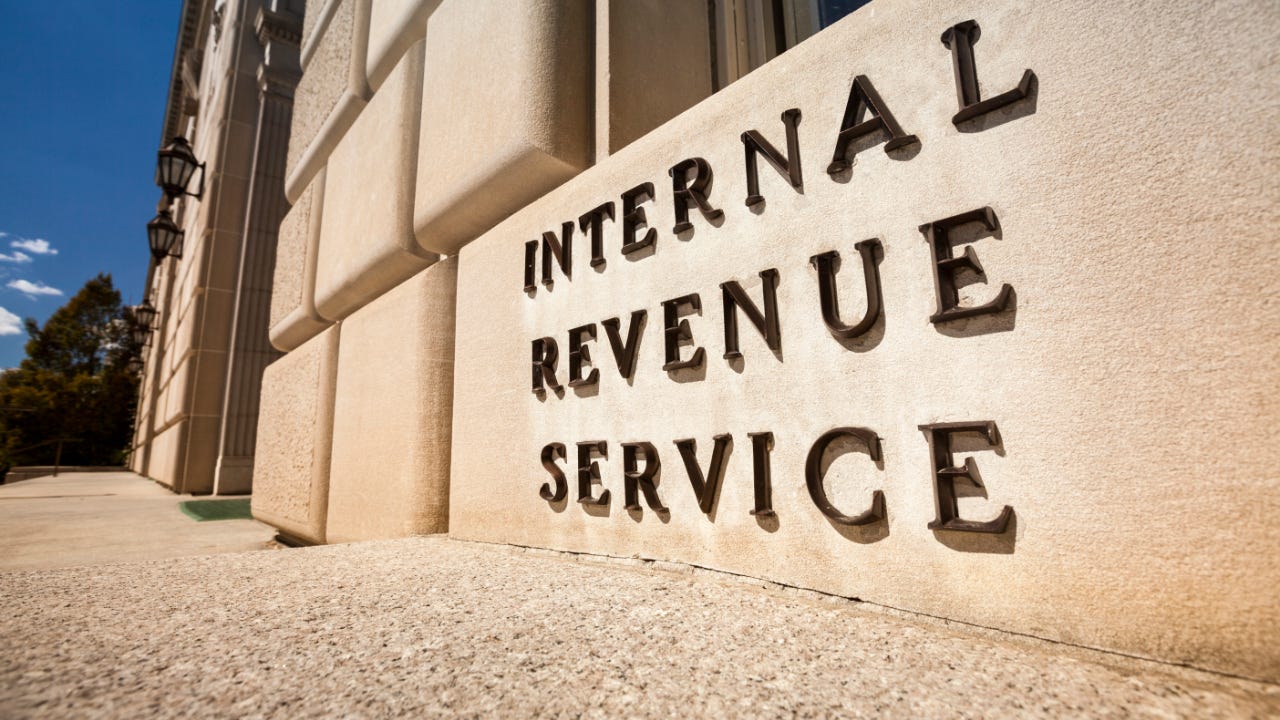Fourth stimulus check update: Latest White House comments, California governor’s proposal

The idea of a fourth round of stimulus checks is popular among Americans, but there hasn’t been much information out of Washington lately on whether it will become a reality.
“We’ll see what members of Congress propose, but those are not free,” said White House Press Secretary Jen Psaki on May 4 when asked about the possibility of a fourth round of stimulus payments.
The IRS recently sent out another batch of third stimulus checks, bringing the total amount disbursed to about 164 million. In the meantime, one governor has a proposal to send another round of payments to certain residents.
Here’s what you need to know about the latest discussions and proposals related to a fourth round of stimulus checks.
The latest stimulus check proposals
California Gov. Gavin Newsom recently said he wants to send $600 checks to low- and middle-income residents as part of a multibillion-dollar spending plan. Eligible residents would include:
- Households with annual income between $30,000 and $75,000 would get $600.
- Families with at least one dependent would receive an additional $500, or a total of $1,100.
Note that this is a proposal and would need support from the California Legislature.
There’s less news on the national level. Following the passing of the American Rescue Plan, 21 Democratic senators pressured Biden to include not just a fourth stimulus check, but a set of recurring direct payments as part of his Build Back Better agenda, which includes the American Rescue Plan, the American Jobs Plan and the American Families Plan.
Americans largely support a fourth stimulus check
The U.S. economy was rocked by the coronavirus pandemic, and while stimulus checks have helped the economy recover, economists worry that some of the hardest-hit cities may still feel the pain of the last year for the next decade.
A poll performed in January by Data for Progress, a progressive polling group, found that 65 percent of Americans support the idea of $2,000 monthly direct payments until the pandemic is over — 41 percent “strongly support” the idea and 24 percent “somewhat support” it. The proposal also has widespread support among economic experts, with 156 top economists penning an open letter in July 2020 urging policymakers to make recurring direct payments until the economy recovers.
Meanwhile, a Change.org petition calling for Congress to disburse regular checks through the duration of the coronavirus crisis has received more than 2 million signatures. Specifically, the petition calls for a $2,000 payment for adults and a $1,000 payment for children.
Some other ways to receive direct aid
Many Americans can still expect future payments that were included in the American Rescue Plan. In addition to a one-time $1,400 payment to those who qualify, two other payments were approved:
- Expanded child tax credit: Qualifying families will receive $3,600 for each child under the age of 6 and $3,000 for children age 6 and older. Half of the credit may be paid in period payments beginning in July, then you’ll receive the rest when you file your 2021 tax return next year.
- Federal unemployment bonus: If you’re unemployed, you may receive a monthly check worth up to $300 in addition to your state unemployment benefits. These payments will end on Sept. 6.
Congress could add to these payments by passing a federal minimum wage increase, making the improved child tax credit permanent or renewing the federal unemployment benefit beyond September.
Biden has signaled his support for making the child tax credit permanent and raising the federal minimum wage to $15 per hour. These proposals have also received some support from Republicans, but some have discussed raising the minimum wage to at little as $10 per hour over time.
What to do if there’s no fourth stimulus payment
If you’re struggling to get by, you may have few options. Depending on your situation, though, here are some steps you could take to make ends meet until you’re back on your financial feet again:
- Consolidate debt: Credit card spending dropped in 2020 but has been creeping back up in 2021. If you’ve racked up a balance, but your credit is still in decent shape, consider opening a balance transfer credit card or applying for a personal loan to consolidate your balance at a lower interest rate. While this won’t necessarily solve all your problems, it can alleviate some of the pressure from high-interest debt.
- Cut your insurance bill: 42 percent of the U.S. labor force was working from home toward the beginning of the pandemic, according to Stanford University. While many have started to return to work, if you’re still a remote employee, adjust the number of miles you drive on your auto insurance policy to potentially save more. While you’re at it, shop around and compare quotes from multiple insurance carriers to determine if you can get lower premiums elsewhere.
- Refinance your mortgage: Mortgage rates have risen slightly since hitting an all-time low in January. But they’re still under 3 percent, according to Freddie Mac. If you’re a homeowner and haven’t yet refinanced your mortgage loan, check to see if you can qualify for a lower interest rate than what you’re currently paying. If you don’t have the cash on hand to pay closing costs, you may be able to roll them into the new loan. You could also lower your monthly payment by extending your repayment term to 30 years, but keep in mind that it will generally cost you more in the long run.
Also, check with government agencies and local community organizations that may be able to offer you assistance. That can come in the form of unemployment insurance, food stamps, rent or utility assistance and more.
While many Americans and top economists support recurring direct payments from the federal government, it remains unclear whether the Biden administration and Congress will take action accordingly.
Even if Biden adds his voice to the majority of Americans, economists and several Senate Democrats, getting recurring stimulus checks through Congress may run into some snags.
In the meantime, look for opportunities to cut your expenses and get help with necessities.





